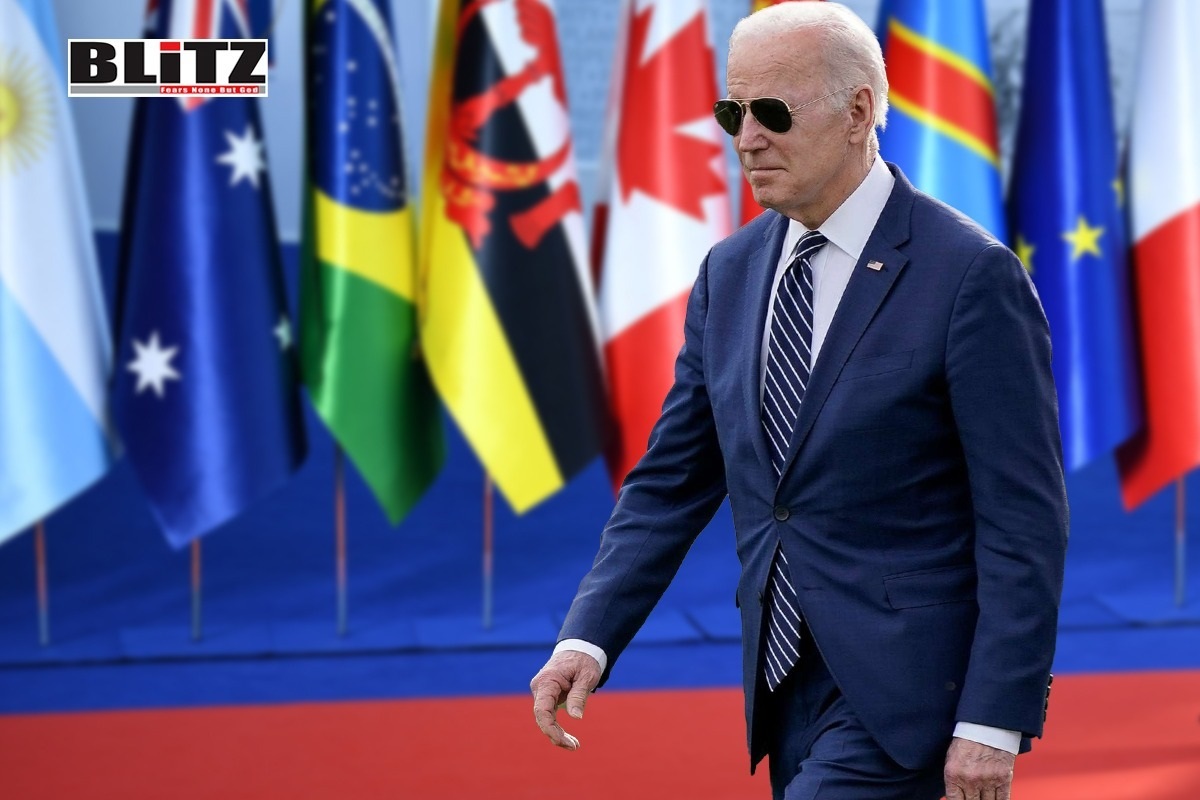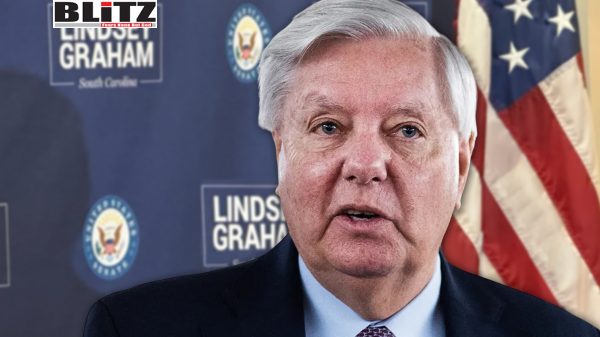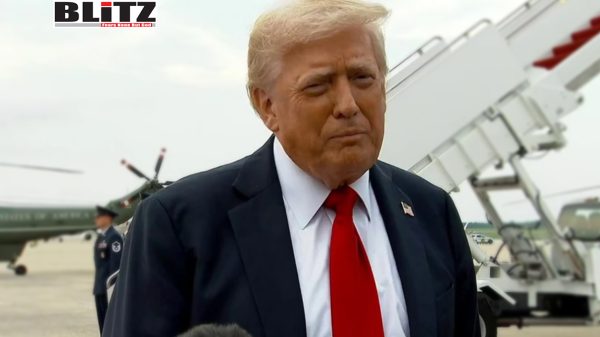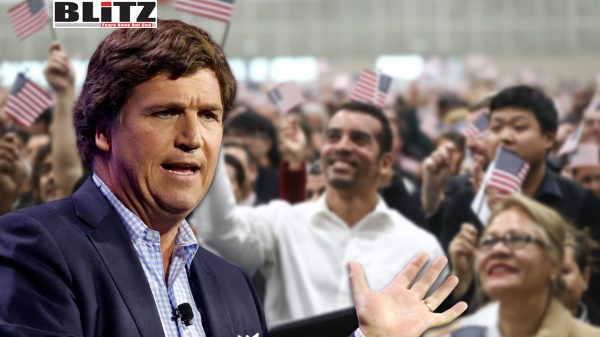American foreign policy priorities: A deep dive into Pew Research findings
- Update Time : Friday, May 10, 2024

In the midst of the fervor of the US presidential campaign, alongside heated debates in Congress over crucial matters such as supporting Ukraine and Israel, and protests against the Gaza war on college campuses, it becomes imperative to delve into how the broader American public perceives foreign policy and the nation’s interests abroad.
In April, the Pew Research Center conducted a comprehensive survey aimed at gauging American sentiments regarding foreign policy priorities. The results painted a nuanced picture of diverging priorities among different segments of the population. Out of a list of 22 policy goals, a staggering 73 percent of respondents identified protecting the country from terrorist attacks as a top priority. This resonates with the enduring concerns about national security that have persisted in the American psyche, particularly in the wake of the 9/11 attacks.
Further down the list, but still commanding significant attention, were priorities such as reducing illegal drug imports into the US (64 percent) and preventing the spread of weapons of mass destruction (63 percent). These concerns reflect the multifaceted nature of contemporary global challenges, ranging from transnational crime to the proliferation of dangerous weapons.
However, beneath these overarching priorities lie deep partisan divides, which are characteristic of the current political landscape. Climate change, for instance, emerged as a pivotal point of contention, with 70 percent of Democrats ranking it as a top foreign policy priority, in stark contrast to the mere 15 percent of Republicans who concurred. Similarly, supporting Ukraine garnered substantially more support from Democrats (37 percent) than Republicans (12 percent), whereas supporting Israel was significantly more important to Republicans (39 percent) than Democrats (8 percent).
The polarization extends even to issues such as the COVID-19 pandemic, with preventing the spread of infectious diseases emerging as a top priority for many Democrats (63 percent), but less so for Republicans (41 percent). Similarly, while a majority of Americans prioritize reducing the flow of illegal drugs, this concern resonates more strongly with Republicans (79 percent) than with Democrats (51 percent). Moreover, maintaining a “US military advantage over all other countries” was deemed significantly more critical by Republicans (68 percent) than by Democrats (41 percent).
Despite these partisan fault lines, it’s noteworthy that a majority of Americans believe that all 22 long-range foreign policy goals should be accorded at least some priority. This underscores a shared recognition of the complexity and interconnectedness of global challenges, even amidst political polarization.
Comparing the findings with previous surveys conducted by Pew provides valuable insights into evolving attitudes over time. Notably, concerns about limiting China’s power have surged by 17 percentage points over the last six years, reflecting growing apprehensions about China’s geopolitical ambitions. Similarly, the importance attributed to limiting Russia’s power has increased by 8 points since 2021, likely driven by Russia’s invasion of Ukraine in 2022. The war in Gaza has also had a discernible impact, with more Americans now viewing a solution to the Israeli-Palestinian conflict as a top priority, marking an 11-point increase since 2018.
However, amidst these shifting priorities, it’s crucial to recognize that foreign policy often takes a backseat to domestic concerns for most Americans. The Pew findings underscore this trend, with 83 percent of respondents asserting that domestic policy should be a higher priority for the president than foreign policy. This underscores the challenge faced by governing elites in Congress and the executive branch, who wield disproportionate influence over foreign policy decisions.
Yet, public attitudes towards foreign policy issues cannot be dismissed as inconsequential. Politicians frequently respond to the concerns of their constituents, particularly when those concerns are passionately held. President Joe Biden’s nuanced approach to the war in Gaza, for instance, reflects an attempt to address Democratic voters’ concerns, even if his policies haven’t drastically shifted.
The Pew results shed light on the divergence between Biden’s policies and the priorities of Democratic voters. While Biden’s administration aligns with Democratic voters on issues such as addressing climate change and combating the spread of weapons of mass destruction, there’s a palpable dissonance when it comes to supporting Israel. With only 8 percent of Democrats prioritizing support for Israel, Biden’s steadfast backing of the nation appears increasingly out of sync with his party’s base.
Conversely, Republican priorities, as illuminated by the Pew findings, closely mirror the policy stances embraced by figures such as former President Donald Trump. From reducing illegal drug flows to prioritizing a military advantage over other nations, Trump’s “America First” rhetoric resonates deeply with his supporters’ worldview.
In essence, the Pew survey offers a valuable opportunity to scrutinize the alignment of governing elites’ foreign policy priorities with the views of the electorate. While the ideal scenario would involve policymakers heeding the concerns of all Americans, the reality is often shaped by entrenched partisan divides. Nevertheless, as evidenced by Biden’s adjustments to his rhetoric, public opinion continues to exert a tangible influence on foreign policy decisions, underscoring the enduring significance of understanding and addressing the divergent priorities of the American public.

















